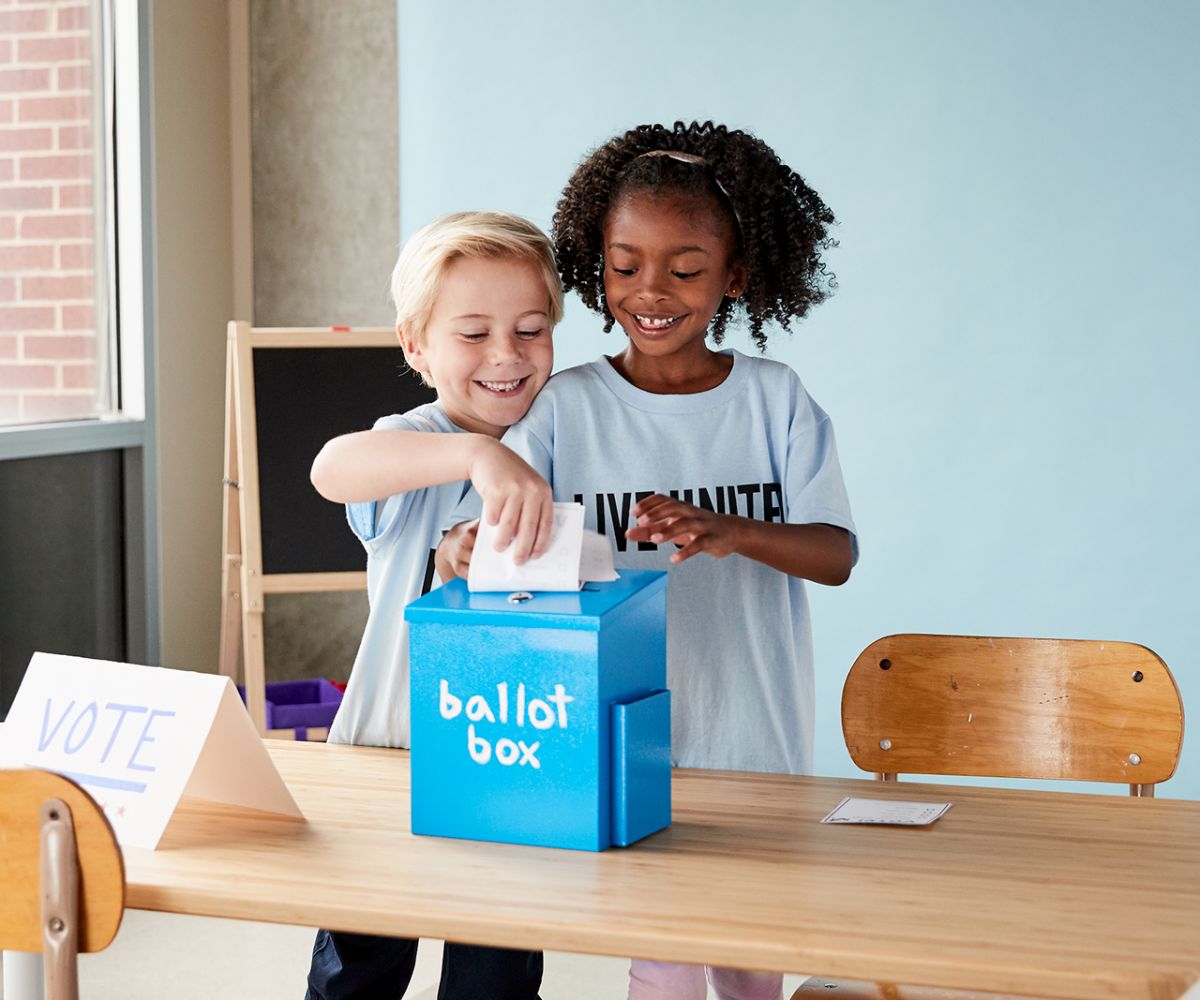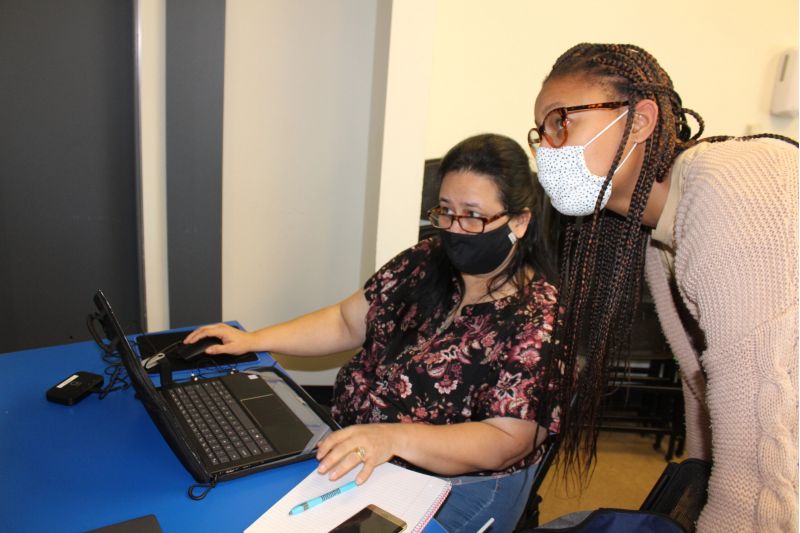Your Voting Guide for the Midterm Elections

At United Way of Metropolitan Dallas, we encourage you to spend a little time familiarizing yourself with the races and candidates in your jurisdiction, as well as some of the key issues that are driving this election cycle.
Voting is one of the simplest, yet most powerful, duties we as citizens hold. It’s important for every citizen to be an informed voter. While many people only vote during presidential election cycles, every election directly impacts various factors of your life, such as who is on your school board or how your taxes are calculated. Your vote has the power to improve the quality of life in North Texas and drive positive changes that affect the education, income and health of our community.
This year’s General Election takes place on Tuesday, Nov. 8. Early voting begins Monday, Oct. 24 and ends Friday, Nov. 4.
During this year’s election, voters will decide on numerous local and statewide races, including their county judge, county clerk, state senator, state representative, member of the state board of education, Texas supreme court justice, comptroller, attorney, lieutenant governor and governor. Many local jurisdictions may also have a bond election.
To see the races and issues on your ballot, visit Vote411.org and type in your home address.
Know Before You Go
Bring a photo ID: You must present one of the seven acceptable forms of photo identification before you can vote:
- Texas driver’s license
- Texas election ID certificate
- Texas personal ID card
- Texas handgun license
- U.S. citizenship certificate with photo
- U.S. military ID card with photo
- U.S. passport (book or card)
Your voter registration card is not mandatory to vote, but it’s a good idea to bring it if you have it. If your name is spelled differently on the official voter list than on your ID, showing your registration card may resolve the issue.
Voting locations: Polling locations may be different for early voting and Election Day, so visit your county’s election website—Dallas, Collin, Rockwall or Denton—to make sure you’re headed to the right location.
Be an educated voter: Save yourself time at the polls by being prepared. Do your research on candidates and propositions, and determine how you want to vote before getting to the voting machine. You can bring notes or a sample ballot with you to vote, but you’re not allowed to have partisan flyers with you in the voting booth. Create your own personalized ballot by visiting Vote411.org.
Encourage your network: Make a plan to vote and invite your neighbors and friends to go vote with you.
Vote by mail: To be eligible to vote early by mail in Texas, you must meet at least one of the following criteria:
- Be 65 years old or older
- Be disabled
- Be out of the county on Election Day and during the period for early voting by personal appearance
- Be confined in jail, but otherwise eligible
You can request the application for a mail-in ballot from the Texas Secretary of State’s office. The deadline to submit a vote by mail application is Friday, Oct. 28. To learn how to request a vote-by-mail application and to submit your application, visit your county’s Elections Office website: Dallas, Collin, Rockwall or Denton.
Know your rights as a voter in Texas. View our Voter Bill of Rights before you cast your ballot this year.
Advocate With The Live United Movement
Election Day is only the beginning of a very busy time in Texas politics. The Texas Legislature begins its 88th session on Jan. 10, kicking off an extremely important 140-day stretch, during which United Way of Metropolitan Dallas and the Live United movement will advocate by contacting our elected representatives.
Remember, lasting change only happens when we work together. Sign up for our Advocacy Alerts, and join us as we speak up and speak out about how education, income and health policies impact our community and advocate to expand opportunities and drive change.
Here are our key legislative priorities for this session:
Education
- Strengthen affordable high-quality early education
- Close student achievement gaps and create pathways for students to college or a career
- Achieve digital access for all
Income
- Ensure access to safe, quality, affordable housing stability for all
- Enhance innovative solutions for moving workers into good jobs and ensuring employers have a pipeline of skilled, ready-to-work employees
- Expand access to financial products that will allow Texans to build and grow savings and assets
Health
- Expand prevention efforts and early intervention services seeking to divert families from the child welfare, juvenile justice and criminal justice systems
- Improve comprehensive health by expanding access to affordable and quality physical, mental and behavioral healthcare programs and services
- Enhance non-medical drivers of health, including transportation and food
These issues directly impact our way of life in North Texas. We hope you’ll join us as we speak up and speak out on these and other important topics.
Advocacy Resources
New to advocacy or interested in learning more about key policy concerns? Get ready for the legislative session with these helpful resources:
- Our blog on how and why we advocate
- Recaps from our legislative session pre-briefings, which are separated by focus area: education policy, income policy and health policy



